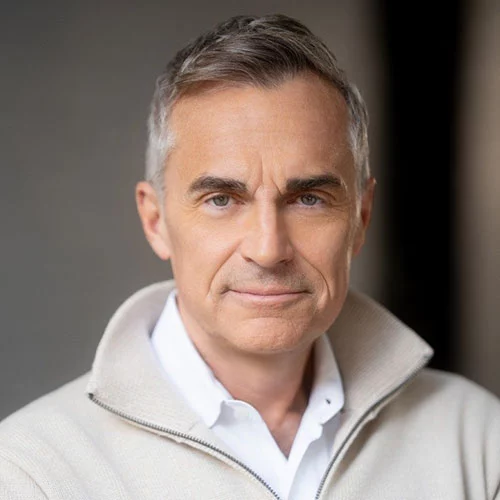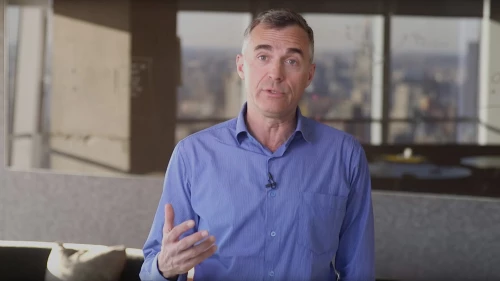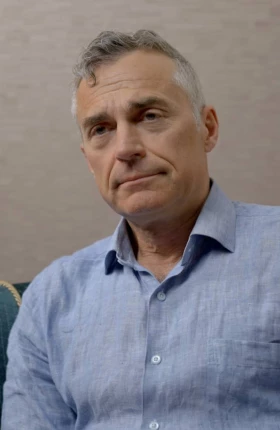
Douglas Beal
Partner and Director, Global Head of Social Impact and Just Transition in Financial Institutions New YorkEducation
- MBA, with honors, Columbia Business School
- BS, electrical engineering, Cornell University
Douglas Beal leads Boston Consulting Group’s client work with financial institutions on sustainable finance and investing. Prior to his current role, Douglas was the global head for economic development at the firm.
Douglas works with the firm’s largest banking and insurance clients to look beyond corporate social responsibility to total societal impact—which integrates social impact as a source of business value. Douglas works with corporate and investment banks to build and grow sustainable finance across multiple product areas and sectors, including climate transition finance. Douglas also works with investors and wealth managers on sustainable investing strategies and capabilities, with a focus on ensuring material environmental, social, and governance factors are fully integrated into investment processes across all asset classes.
Having lived overseas for 21 years, he has acquired extensive experience on strategies and organizational capabilities advising the private sector, governments, and development organizations in the US, Europe, Asia, the Middle East, and Africa. He has worked with several nations on their national development strategies and enablers of overall economic and socioeconomic progress.
Douglas is a cocreator of BCG's total societal impact (TSI) approach as well as the firm’s Sustainable Economic Development Assessment (SEDA), a statistical benchmarking tool used by many national government leaders and development organizations to improve economic and socioeconomic conditions. TSI and SEDA have been featured in numerous internationally read business newspapers and magazines, including The Economist and Financial Times.
He has served on the board of Save the Children in Hong Kong and currently sits on the advisory board for the Cornell Center for Global Sustainable Enterprise.












